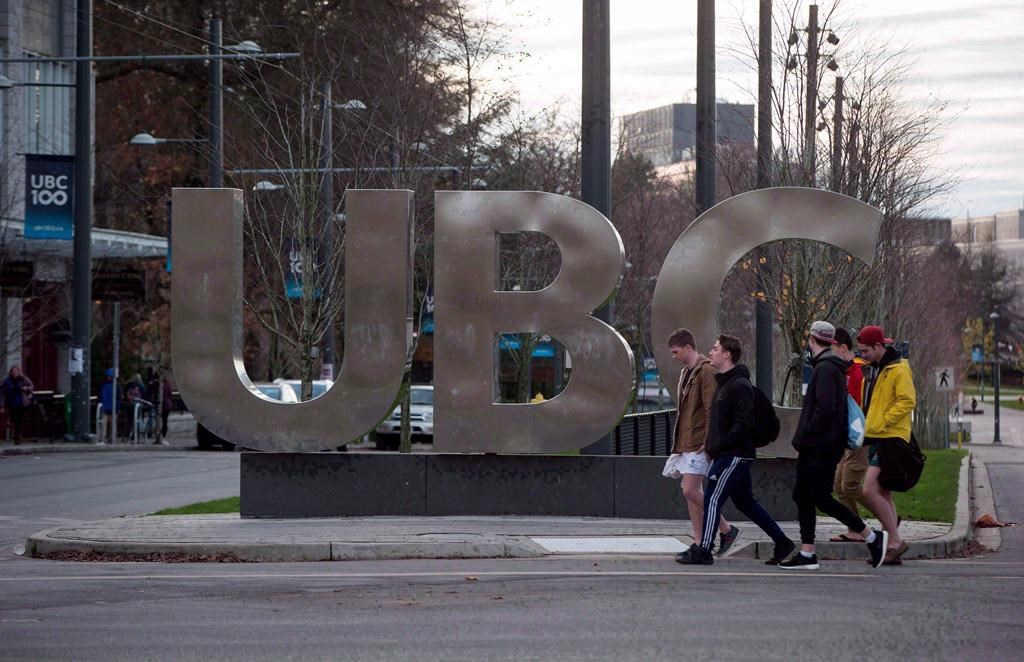The Interfraternity Council (IFC) at UBC has a new requirement for its members.

All fraternity brothers will be required to attend yearly workshops on sexual consent, bystander intervention training and healthier masculinity.
The IFC unanimously voted last week for a bylaw change to make the sessions, hosted by UBC’s AMS Sexual Assault Support Centre, mandatory.
IFC president Jamie Gill said the decision was a way to clarify the member fraternities’ position on the issue of consent training.
“Because the university doesn’t necessarily recognize the fraternities, there was a little bit of question behind whether or not we were obliged to follow their policies,” said Gill.
“And just to put any debate to rest, we legally wrote Policy 131 into our own bylaws, just to make sure it was very clear where we stood with that.”

Get daily National news
According to Gill, the previous bylaw was small and contained few specifications as to who would run training. Only 30 members had to attend, and there was a smaller monetary fine after two warnings for skipping meetings.
Now, members who skip out on the meetings will have to pay a $1,000 fine, to be donated to the AMS Sexual Assault Support Centre.
The centre’s Healthier Masculinity program co-ordinator, Alex Dauncey, said making the sessions mandatory shows initiative on the part of the IFC to create a healthier environment.
“We’ve seen some motion on their part of going beyond just ‘here’s the training, we’ve hit the check mark,’ and I’m really optimistic for the future,” Dauncey said.
“You’re always going to get some people in the room who are not engaged. By and large, I’ve been really, really happy and really pleasantly surprised by how engaged people are.”
Dauncey said Greek life carries heightened risks of sexual violence, but his programs don’t involve putting blame on the people who attend.
“Everybody wants to combat sexualized violence, but a lot of people don’t know how,” said Dauncey.
“And I think if you take that kind of outlook on people — instead of coming in to wag your fingers, coming in to say: ‘Hey, I know you want to join this fight, I know you want to do the right thing’ — people really respond to that.”
Dauncey and the IFC have worked together to customize a training program for the council’s members.
Gill said he hopes the program is the start of something bigger. Elections for the IFC are coming up, and he thinks a big part of candidates’ platforms will be demonstrating support for the training.
“By no means is this the end of the road. I would love to see this transition into something much larger and a continuation of the progress we’ve made,” Gill said.
“I like to think of this as a great, codified first step towards a healthier community.”












Comments